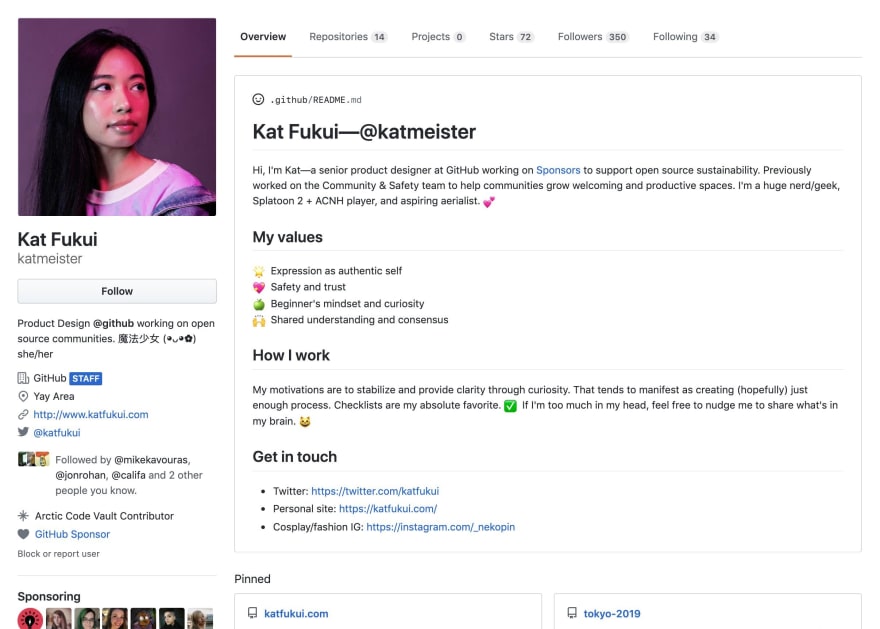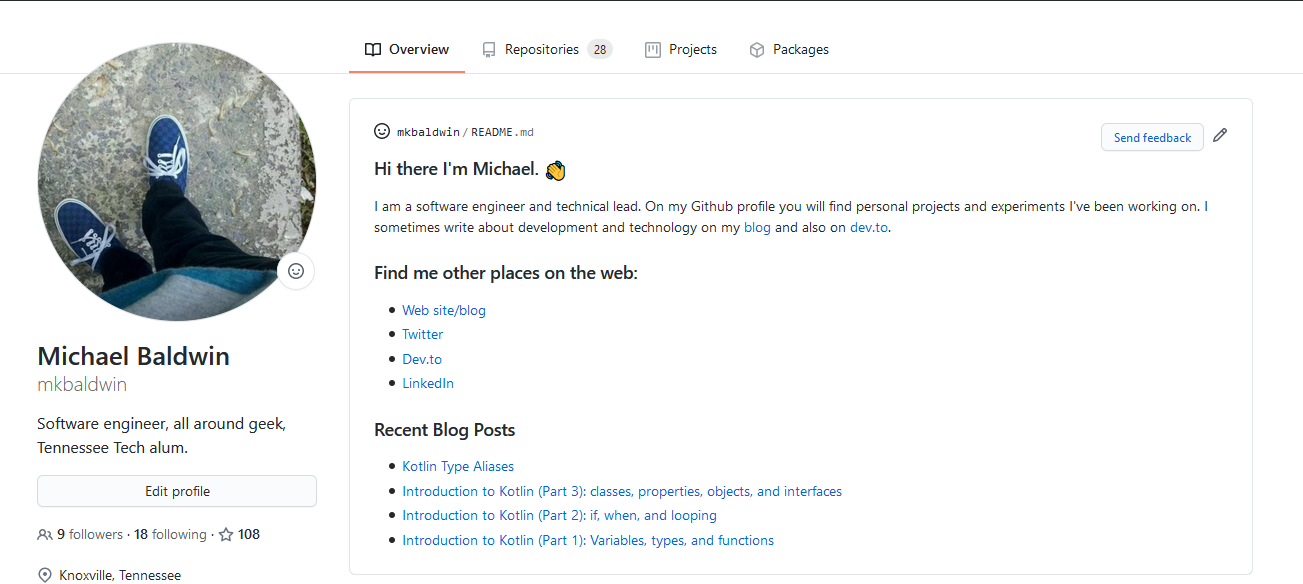Welcome to the Markdown Community Page
An R Markdown website template for a lab journal To use this, click the download as.zip button to start from a local computer, or skip down to the github example to fork this and get started that way. The unzipped folder contains all of the files you need to compile a website in R Markdown. Github is used for hosting the website and R Markdown and a few extra files contain all the content and formatting. Full-featured, open-source Markdown editor based on PageDown, the Markdown library used by Stack Overflow and the other Stack Exchange sites.
Markdown is
a text-to-HTML conversion tool for web writers. Markdown allows you towrite using an easy-to-read, easy-to-write plain text format, thenconvert it to structurally valid XHTML (or HTML).
This page is maintained by and for the markdown community to document varioustools and resources available to document authors and developers, as well asimplementors of the various markdown implementations.
Authors
Coming soon...
Developers
Whether you're building a web site, a text editor, or something else, if yourproject needs to process markdown documents, you'll need to chose animplementation of a parser library. While the language your project iscoded in will likely have the largest impact on which implementation youchose, there are a number of other factors to consider. Is performancea high priority? Perhaps bindings to a C library will suit you best.Will untrusted users be able to post documents to your web site? Be sureyou are sanitizing the HTML to avoid XSS attacks and the like. Do youwant to offer support for a superset of Markdown's syntax? Will yoube writting your own superset? Some implementations come as/is, whileothers have varying degrees of customizability. Will your project have aninternational audience? Perhaps an implementation that supports Unicodeinput and/or right-to-left text is right for you.
Implementors

If you would like to develop your own implementation of the parser, you maywant to take a look at the rather lengthy list of existing implementationsalready out there (if your implementation is missing from the list, please add it).Obviously, not every one of those implementations parses markdown text in exactlythe same way. As this fragmentation of Markdown can cause frustration to thedocument author, it is important to be aware of the existing implementationsand how they behave. The very useful tool, Babelmark 2, has been providedby John MacFarlane to compare the output of various implementations. See John'sFAQ to add your implementation. The FAQ also discusses why this all mattersand provides examples of some common edge cases that various implementationsdisagree on.
Github Pages Markdown
Content
Typically when creating a website there are various common elements you want to include in all pages (e.g. output options, CSS styles, header and footer elements, etc.). Here’s some additions to the example above that makes use of common elements:
_site.yml
Github Markdown Link To Website
footer.html
styles.css
Note that we’ve included an output element within our _site.yml file. This defines shared output options for all R Markdown documents within a site. Note that individual documents can also include their own output options, which will be merged with the common options at render time.
Github Markdown Guide
As part of our common output options we’ve specified an HTML footer (via the include: after-body: option) and CSS stylesheet. Note that you can also include HTML before the body or in the document <head>, see the documentation on includes for more details.


In addition to whatever common options you define, the are two output options which are automatically set when rendering a site:
The
self_containedoption is setFALSE; andThe
lib_diroption is set tosite_libs.
Github Markdown Website Templates
These options are set so that dependent files (e.g jQuery, Bootstrap, HTML widget libraries, etc.) are shared across all documents within the site rather than redundantly embedded within each document.
